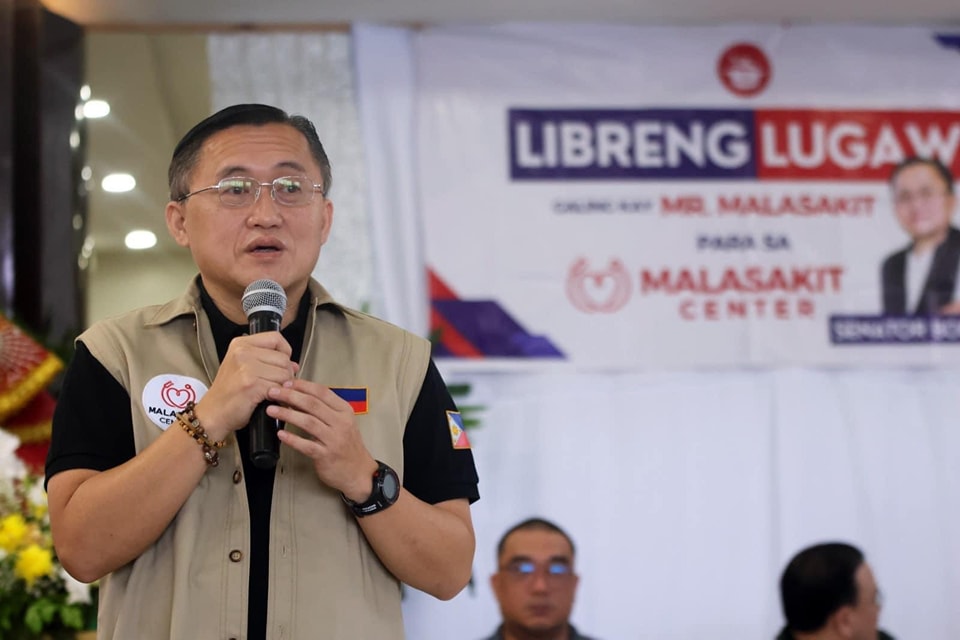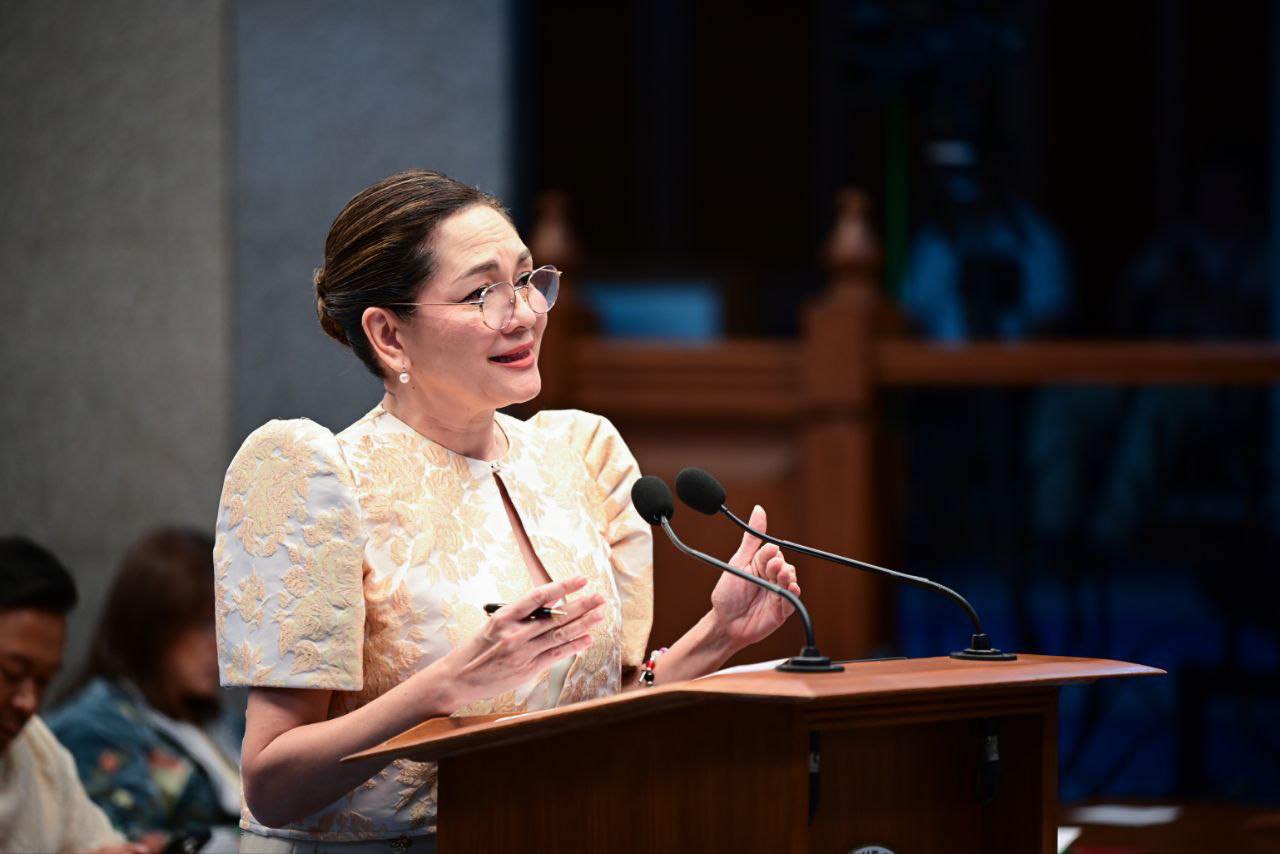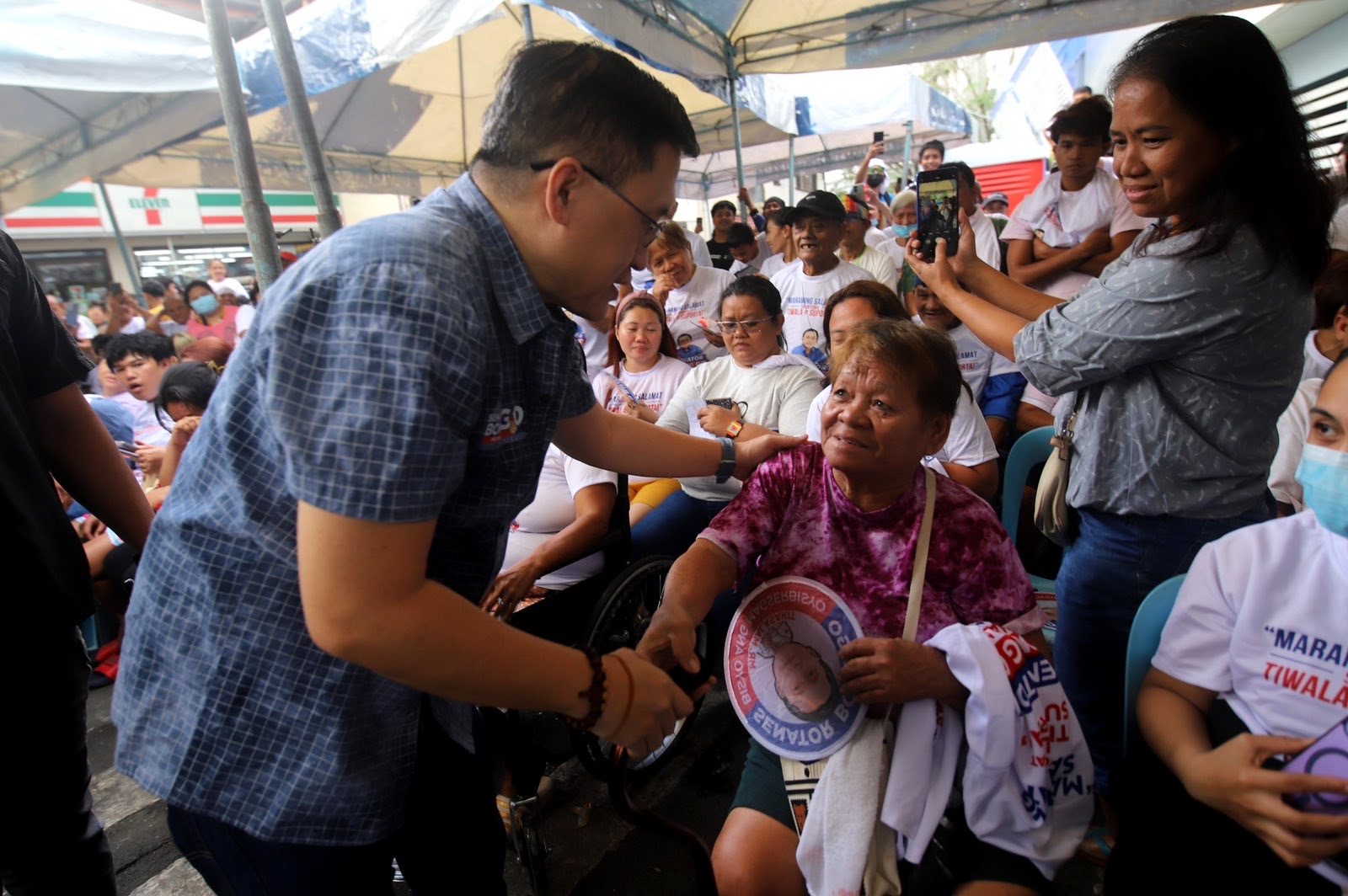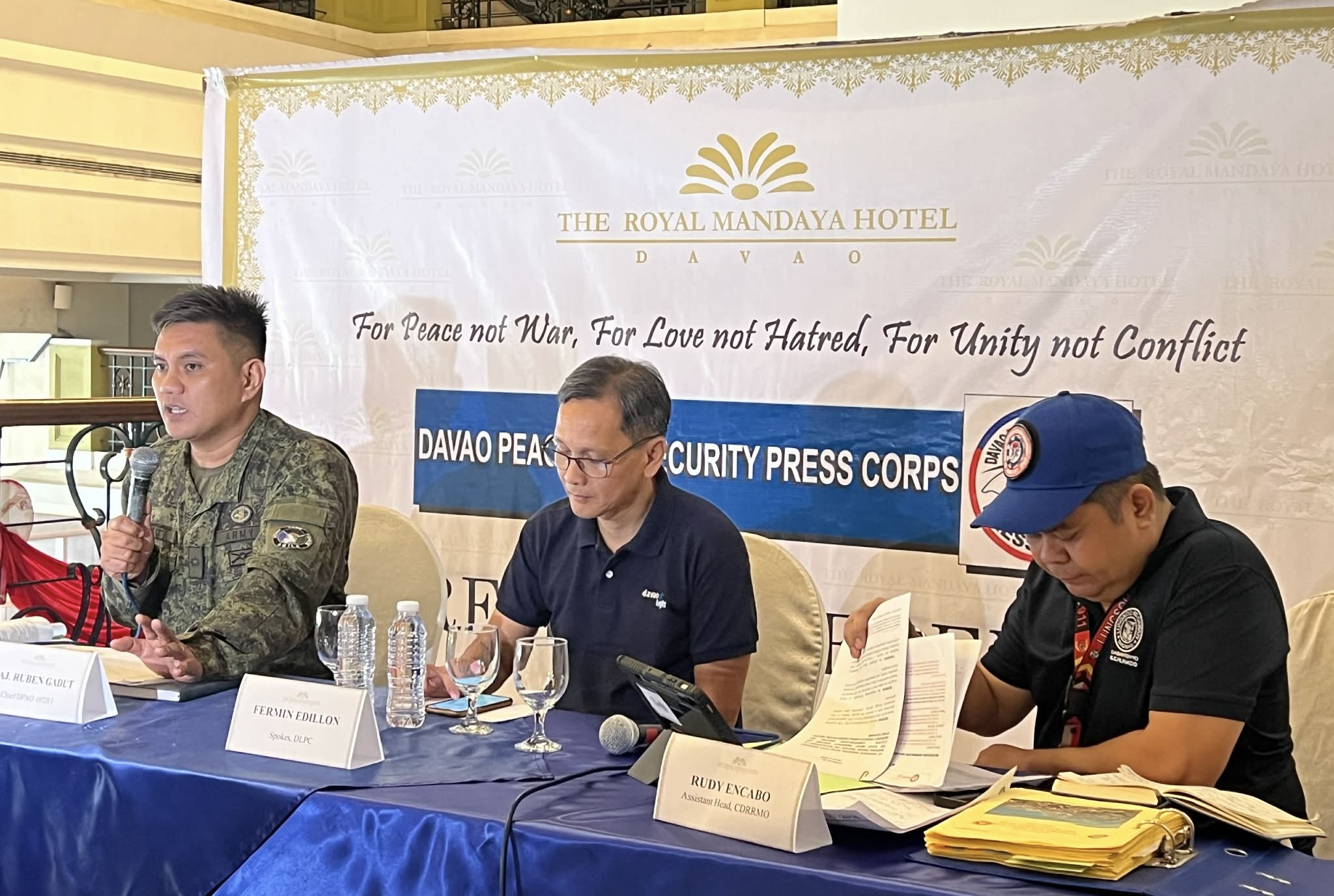The Philippine Health Insurance Corporation (PhilHealth) has implemented a new benefit package covering outpatient emergency care services, which took effect on January 1, under PhilHealth Circular No. 2024-0033. The Outpatient Emergency Care Benefit (OECB) package covers a wide range of services for patients treated in emergency departments (ED) of accredited facilities, including prehospital transport.
Health reforms crusader Senator Christopher “Bong” Go welcomed the development which in effect, abolished the 24 hour confinement policy where patients are required to be confined before being able to avail of PhilHealth Coverage. However, Go stressed the need for further reforms to ensure Filipinos can access full healthcare services.
“Sulit ang ating pangungulit dahil kahit papaano ay ginagawan na ng aksyon ng PhilHealth ang mga hinaing na naisiwalat sa sunud-sunod na Senate Health Committee hearings na ating pinamunuan. Ngunit hindi tayo rito titigil hanggang maisakatuparan ang mga pangakong ito na kanilang binanggit under oath,” he said.
Most significant among these are the commitments made by PhilHealth that Go fought for which the state health insurer has started to implement. Specified in PhilHealth’s commitment letter are the following: a substantial increase in the benefit packages for the top ten mortality diseases; increase in case rates by up to 50% across-the-board; expansion of benefit packages, such as dental benefits, outpatient drug benefits, mental health benefit, optometric services, and the likes; scrapping of anti-poor policies, such as the 24-hour confinement rule which prevents the coverage of emergency outpatient services for patients not needing facility admission; among others.
“Magandang hakbang ito, pero hindi dapat dito nagtatapos ang reporma. Siguraduhin ng PhilHealth na nasusunod ang kanilang mga obligasyon at napapakinabangan talaga ng taumbayan ang mga benepisyo,” he added.
Patients under the OECB package can now claim coverage for emergency services without requiring hospital admission. Cases such as dizziness, diarrhea, persistent vomiting, elevated blood pressure, seizures, and even sexual assault are covered. Additionally, diagnostic services such as X-rays, CT scans, nebulization, and blood tests are included.
To enhance emergency response, land ambulance services are now reimbursable. Future plans include expanding reimbursement coverage to sea and air ambulances.
While expressing his approval of the new package, Senator Go underscored the importance of transparency and efficient implementation. “Kailangang malinaw at mabilis ang proseso para sa mga pasyente. Hindi pwedeng maipit ang pondo o magkaroon ng delay sa benepisyo,” he emphasized.
PhilHealth clarified that the OECB package applies only to accredited health facilities. Patients treated in nonaccredited facilities must shoulder expenses out of pocket or depend on private health insurance.
To ensure continuity of care, discharged patients will be referred to Konsulta-accredited primary care providers for follow-up treatment. However, availing of these services requires patients to register first with an accredited Konsulta provider.
Senator Go called for addressing gaps in service delivery and urged PhilHealth to expand its network of accredited providers. “Dapat palawakin pa ang bilang ng Konsulta providers at gawing mas madali ang registration process para sa lahat ng Pilipino,” he said.
As one of the earliest proponents of reforms in PhilHealth, Senator Go emphasized the agency’s responsibility to restore public trust through effective service.
“Ang responsibilidad ng PhilHealth ay hindi lamang magbigay ng benepisyo kundi protektahan ang tiwala ng publiko. Kaya’t patuloy natin silang babantayan,” he said.





